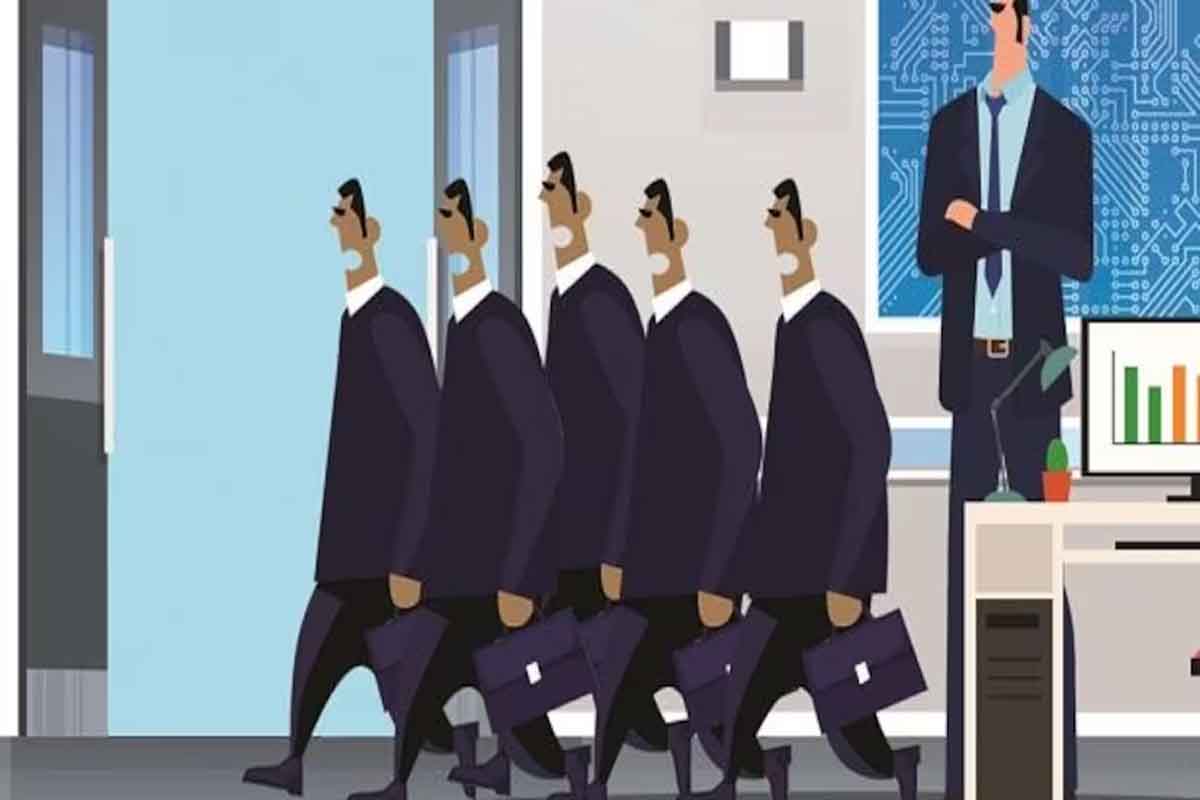
Mass layoffs, which involve a large number of employees losing their jobs, happen when companies need to save money. This can occur due to a drop in demand for their products or services, seasonal closures, changes in the business direction, or economic downturns.
Recently, there has been much talk about mass layoffs, such as UPS letting go of 12,000 workers and reports of 30,000 tech jobs being lost in the USA in January 2024. Layoffs are common in private jobs, unlike government jobs that offer job security until retirement.
As employees age, concerns arise about potential layoffs, but it depends on how much they contribute to the company. Companies may let go of employees who are seen as a burden or not contributing enough. The longer someone works and the higher their salary becomes, the higher the risk of being laid off, especially in middle management.
Employees in middle management need to balance winning the loyalty of seniors, maintaining a positive leadership role, and avoiding threats to their positions. Those who manage this effectively with hard work, social skills, and expertise are less likely to face layoffs.
In some cases, companies replace older employees with younger ones who are willing to work for less. This is particularly true in fields like finance and technology, where higher-paying white-collar jobs face more challenges compared to manual labor jobs with lower salaries.
Publicly listed companies must show profits at the end of each fiscal year. If they need more money, mass layoffs might be the only option to cut costs and preserve salaries. Ultimately, job security in a private company depends on the overall performance of the company and its financial standing.













